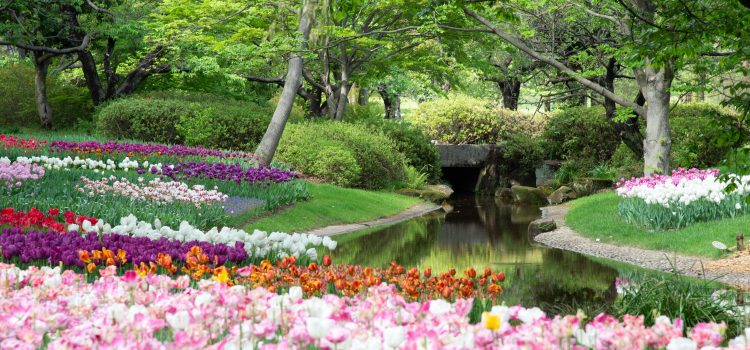
If you’re looking for a fun and rewarding hobby that also provides fresh produce for your kitchen, starting a vegetable garden is a great option. Whether you have a large backyard or just a small balcony, growing your own vegetables can be a fun and fulfilling experience. Here are some tips to help you get started.
Choosing the Right Location
The first step in starting a vegetable garden is choosing the right location. Most vegetables need at least six hours of sunlight per day, so look for a spot that gets plenty of sun. You’ll also want to make sure the soil is well-draining and fertile. If you’re starting a garden in your backyard, consider using raised beds to improve drainage and soil quality.
Deciding What to Grow
Once you’ve chosen a location, it’s time to decide what to grow. Consider what vegetables you and your family enjoy eating, as well as what grows well in your climate. Some easy-to-grow vegetables for beginners include tomatoes, cucumbers, lettuce, and beans. You can also try growing herbs like basil, parsley, and thyme.
Preparing the Soil
Before you start planting, it’s important to prepare the soil. Remove any weeds or debris, and loosen the soil with a garden fork or tiller. If your soil is poor quality, consider adding compost or other organic matter to improve its fertility.
Planting Your Vegetables
When it’s time to plant, follow the instructions on the seed packets or plant labels. Most vegetables should be planted in the spring, but some can also be planted in the fall. Make sure to space your plants properly to allow for growth, and water them regularly.
Maintaining Your Garden
Once your garden is planted, it’s important to maintain it properly. Water your plants regularly, and fertilize them as needed. Keep an eye out for pests and diseases, and take action if you notice any problems. You may also need to prune your plants or provide support as they grow.
Harvesting Your Vegetables
As your vegetables grow, you’ll be able to harvest them and enjoy the fruits of your labor. Most vegetables are ready to harvest when they are fully ripe, but be sure to check the instructions for each type of vegetable. Harvesting your vegetables regularly will also encourage more growth.
Conclusion
Starting a vegetable garden can be a fun and rewarding experience. By choosing the right location, deciding what to grow, preparing the soil, planting your vegetables, maintaining your garden, and harvesting your vegetables, you can enjoy fresh produce all season long. So roll up your sleeves, get your hands dirty, and start your own vegetable garden today!










